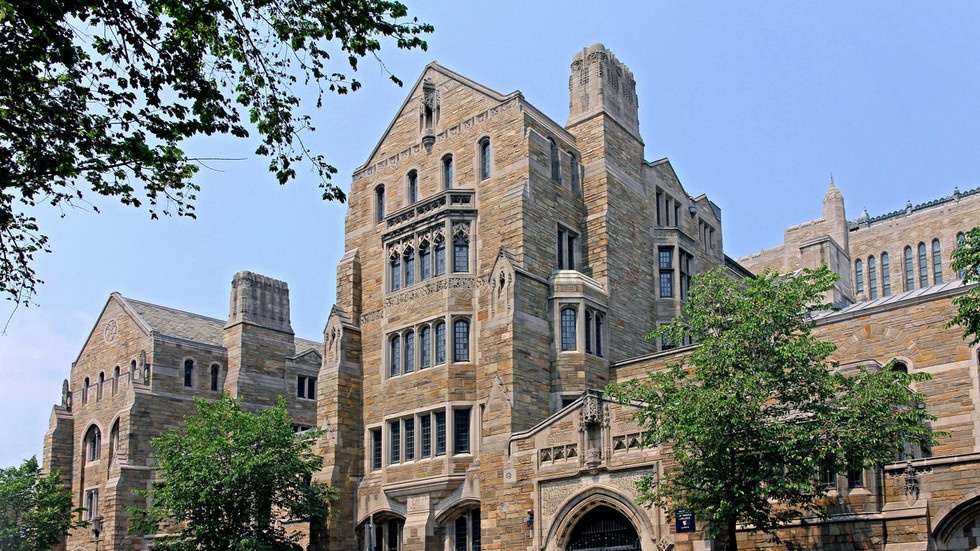Stakeholders are expressing growing concern over the declining standard of entrants into the Nigerian University System, with the President of the Nigerian Academy of Letters, Professor Sola Akinrinade, highlighting the need for urgent intervention in the country’s educational sector.
Speaking at a policy review workshop on “Strengthening the Educational System in Nigeria Through STEAM,” sponsored by JAMB and organized by the Nigerian Academy of Science, Nigerian Academy of Letters, and the Nigerian Young Academy (NYA) in Abuja, Professor Akinrinade refuted the popular belief that the decline is a result of lowered educational standards. He argued that the standards at the basic and senior secondary levels have, in fact, increased. However, he raised concerns about the suspect implementation of these standards over the years being the root cause of the decline in the quality of university entrants.
Professor Akinrinade emphasized that the poor performance of Nigerian university entrants cuts across disciplinary groups, underscoring the need for a holistic approach to address this multifaceted issue. He stressed the importance of comprehensive interventions in overcoming these challenges.
Addressing the significance of STEAM education in the sustainable and inclusive development of a nation, Professor Akinrinade highlighted the potential of STEAM education to encourage innovation, reduce poverty, and equip beneficiaries with the necessary tools to enhance their lives and society at large.
Speaking at the workshop, Prof. Ishaq Oloyede, the Registrar of the Joint Admissions and Matriculation Board (JAMB), echoed the importance of adopting a holistic educational approach that combines scientific knowledge with artistic expression. He expressed satisfaction with the timing of the educational revolution and emphasized the need for active student and youth engagement in educational projects and curricula planning.
The call for urgent intervention and comprehensive reform to improve the quality of university entrants in Nigeria is now at the forefront of educational discourse, with stakeholders rallying for a collaborative effort to address this critical issue.



